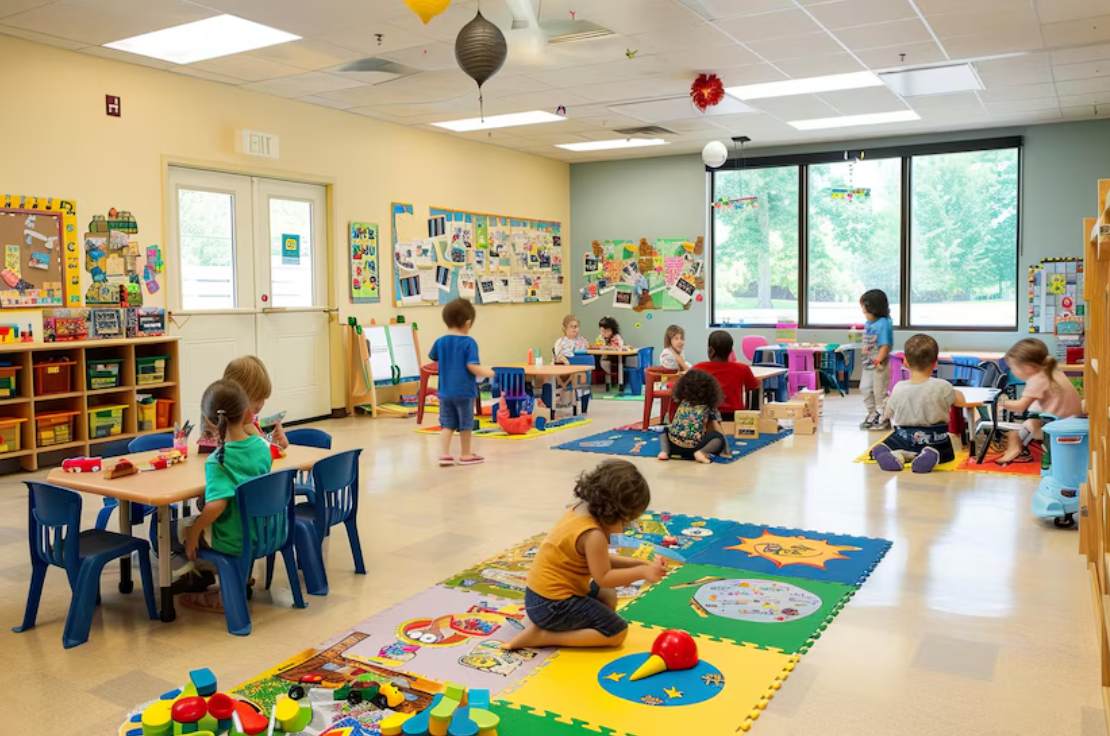Imagine a place where your child’s curiosity blossoms, where each question sparks a new adventure in learning. That place is preschool—a magical first step in your child’s educational journey.
It’s a stage where kids start forming skills and a mindset that will shape their future beyond early reading or counting.
Let’s explore how preschool fosters children’s growth, emphasizing unique angles like confidence-building, collaborative learning, and the specific methods used at Petite School House to enhance this crucial phase of development.
Boosting Confidence Through Self-Expression
In preschool, children don’t just learn—they discover their voices and build the confidence to share them.
During these early years, kids gain self-assurance by expressing their thoughts during circle time, participating in group storytelling, or simply choosing activities that speak to them.
This freedom to explore their interests in a safe environment nurtures emotional growth, making them more resilient and self-assured.
For example, when a child proudly shares a story about their weekend or explain a drawing they’ve made, they’re practicing essential communication skills.
At Petite School House, teachers celebrate these moments, fostering a space where every child feels heard and valued. This focus on expression through words and art is integral to building their confidence and helping them become comfortable with their abilities.
Learning the Value of Cooperation
While social interaction is a well-known part of preschool, the collaborative nature of learning at this stage often goes unnoticed.
Children learn the true meaning of teamwork through activities like building a castle with blocks, organizing a pretend play scene, or working together to create a mural. These experiences teach kids the importance of listening to others, contributing ideas, and working towards shared goals.
At Petite School House, collaboration goes beyond play. Through the Project Approach, children engage in extended group projects that teach them how to research together, share responsibilities, and celebrate each other’s discoveries.
This approach isn’t just about learning facts; it’s about building a sense of community and understanding how their actions impact others. These are skills that stay with them long after their preschool years.
Integrating Movement and Mindful Activities
Physical activity is a significant part of preschool, but it extends far beyond running and playing. At Petite School House, we incorporate guided yoga sessions and rhythmic exercises that help children connect their minds and bodies.
This mindful approach to movement encourages kids to be aware of their feelings and learn to manage their energy levels effectively.
For instance, when kids practice simple breathing exercises or follow a series of gentle stretches, they’re learning to calm themselves, focus, and listen to their bodies.
These skills are invaluable as they progress through school, helping them develop self-regulation and focus during more structured learning activities.
It’s about teaching children to tune into their needs, fostering physical and emotional well-being.
Artistic Expression and Creative Freedom
Art in preschool is much more than coloring within the lines—it’s about exploring creativity without boundaries. At Petite School House, children can experiment with various materials, from finger painting to clay modeling, discovering what sparks their interest.
This focus on creative freedom helps kids develop fine motor skills while learning to express their thoughts visually.
Through art, children learn there’s no single “right way” to create. This emphasis on process over product helps them build resilience and open-mindedness, encouraging them to embrace challenges and find joy in the creative journey.
It’s about showing them that mistakes are part of learning and that every paint stroke is a step toward self-discovery.
Petite School House’s Unique Approach to Preschool Education
At Petite School House, education is more than a set of activities—it’s a philosophy that respects each child’s individuality.
The Reggio Emilia Method plays a central role, emphasizing the environment as a teacher. Classrooms are filled with natural materials and open-ended tools that invite children to explore and engage with their surroundings in meaningful ways.
Instead of dictating what children should learn, teachers serve as guides, following each child’s curiosity and encouraging questions.
This child-centered approach helps children take ownership of their learning, turning them into active participants rather than passive recipients of information. It’s about nurturing a sense of wonder and making learning a joyful, personal journey.
The Project Approach complements this by allowing kids to immerse themselves in topics that fascinate them, from exploring the lifecycle of a butterfly to understanding the stars in the sky.
These long-term projects encourage children to think deeply, collaborate with their peers, and find joy in discovery. It’s a way of learning that values depth over breadth, ensuring children understand concepts thoroughly while building critical thinking skills.
Experience the Difference at Petite School House
Choosing the right preschool can make all the difference in your child’s early development, and Petite School House is the ideal choice. We are dedicated to providing a nurturing environment where children can explore, learn, and grow with confidence.
Our thoughtful curriculum combines creativity, collaboration, and freedom of expression, ensuring that each child is well-prepared for their next steps. With a deep respect for every child’s unique perspective, we help them build a strong foundation for their future.
Don’t wait—spots are filling up fast! Visit Petite School House today to see how our approach can make a difference in your child’s life. Schedule a tour now and give your child the best start possible!


